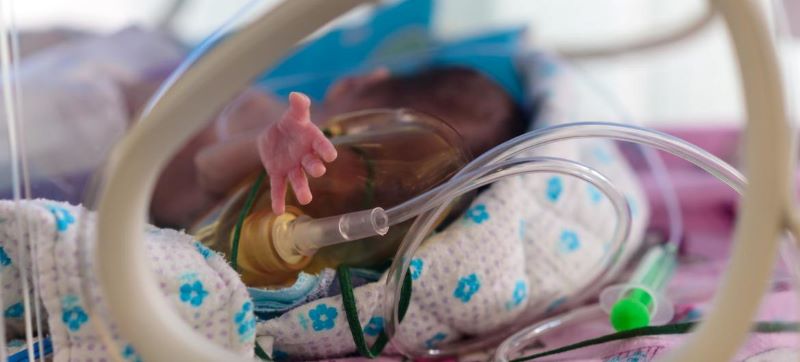 Air Pollution
Air Pollution
Study finds air pollution caused 8.1 million deaths worldwide in 2021
The State of Global Air (SoGA) report published in partnership with the UN Children’s Fund (UNICEF) warns on Wednesday that air pollution is increasingly impacting human health - and is now the second leading global risk factor for premature death.
The fifth edition of the report, released by the Health Effects Institute (HEI), revealed that air pollution caused 8.1 million deaths worldwide in 2021 and many millions are dealing with debilitating chronic diseases, leaving healthcare systems, economies, and societies.
Further, it found that children under five are particularly vulnerable to air pollution, leaving over 700,000 in this age group dead in 2021.
‘Accurate predictor’
The SoGA report found that pollutants like outdoor fine particulate matter (PM2.5) - which comes from burning fossil fuels and biomass in sectors like transportation, residential homes, wildfires, and more - caused more than 90 per cent of global air pollution deaths and were found to be the “most consistent and accurate predictor of poor health outcomes around the world.”
Other pollutants like household air pollution, ozone (O3), and nitrogen dioxide (NO2) - which can be found in traffic exhaust - also contribute to the global deterioration of human health.
HEI President Dr. Elena Craft said she hopes the information in the report will inspire change.
“Air pollution has enormous implications for health. We know that improving air quality and global public health is practical and achievable,” she said.
In addition to affecting people’s health, pollutants like PM2.5 add to greenhouse gases that are warming the planet. As the earth warms, regions with high levels of NO2 will experience great levels of ozone, which can result in greater health effects.
Dr. Pallavi Pant, HEI’s Head of Global Health said, “This new report offers a stark reminder of the significant impacts air pollution has on human health, with far too much of the burden borne by young children, older populations, and low- and middle-income countries.”
She continued, “This points sharply at an opportunity for cities and countries to consider air quality and air pollution as high-risk factors when developing health policies and other noncommunicable disease prevention and control programmes.”
Children ‘uniquely vulnerable’
The report reveals that children are “uniquely vulnerable” to air pollution and effects can begin in the womb. It states that young children’s exposure to air pollution has resulted in one in five deaths globally, pneumonia and asthma and affects children with inequities more than it does those in high-income countries.
UNICEF Deputy Executive Director Kitty van der Heijden said that nearly 2,000 children under five die every day due to the effects of air pollution.
‘The global urgency is undeniable,” she said. “It is imperative governments and businesses consider these estimates and locally available data and use it to inform meaningful, child-focused action to reduce air pollution and protect children’s health.”
Progress made
In addition to sharing details on the negative effects of air pollution on human health, the SoGA report also claims that there has been better awareness about the harms of being exposed to household air pollution and a 53 per cent decrease in the death rate of children under five since 2000 due to increased access to clean energy for cooking.
Also, regions experiencing the highest levels of air pollution have begun to address the issue by installing air pollution monitoring networks, implementing stricter air quality policies and more - particularly in Africa, Latin America and Asia.
Support Our Journalism
We cannot do without you.. your contribution supports unbiased journalism
IBNS is not driven by any ism- not wokeism, not racism, not skewed secularism, not hyper right-wing or left liberal ideals, nor by any hardline religious beliefs or hyper nationalism. We want to serve you good old objective news, as they are. We do not judge or preach. We let people decide for themselves. We only try to present factual and well-sourced news.






